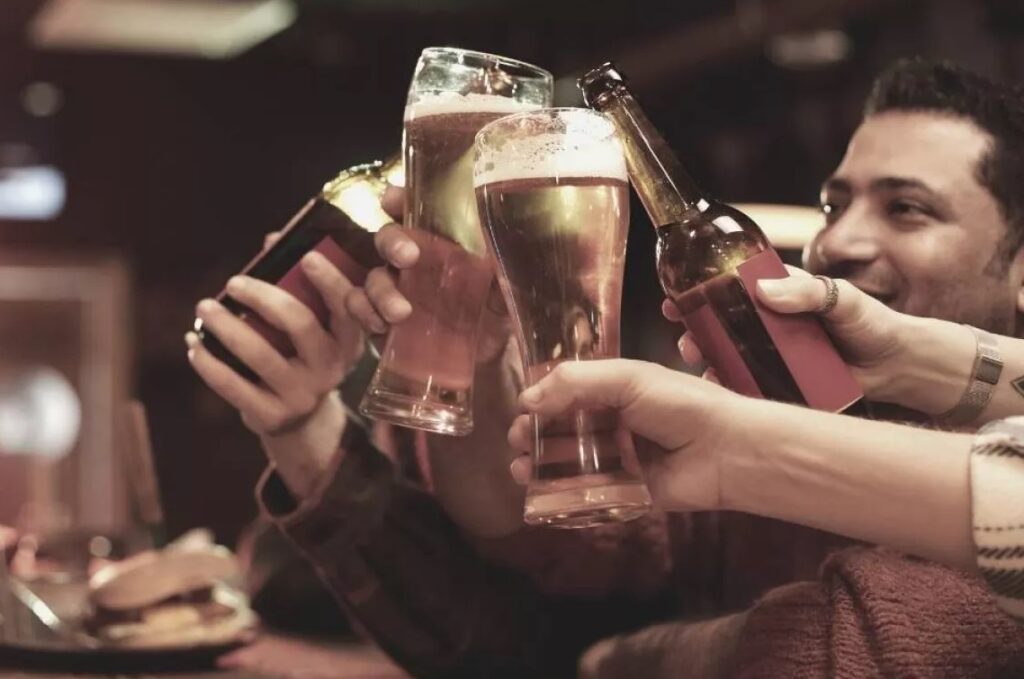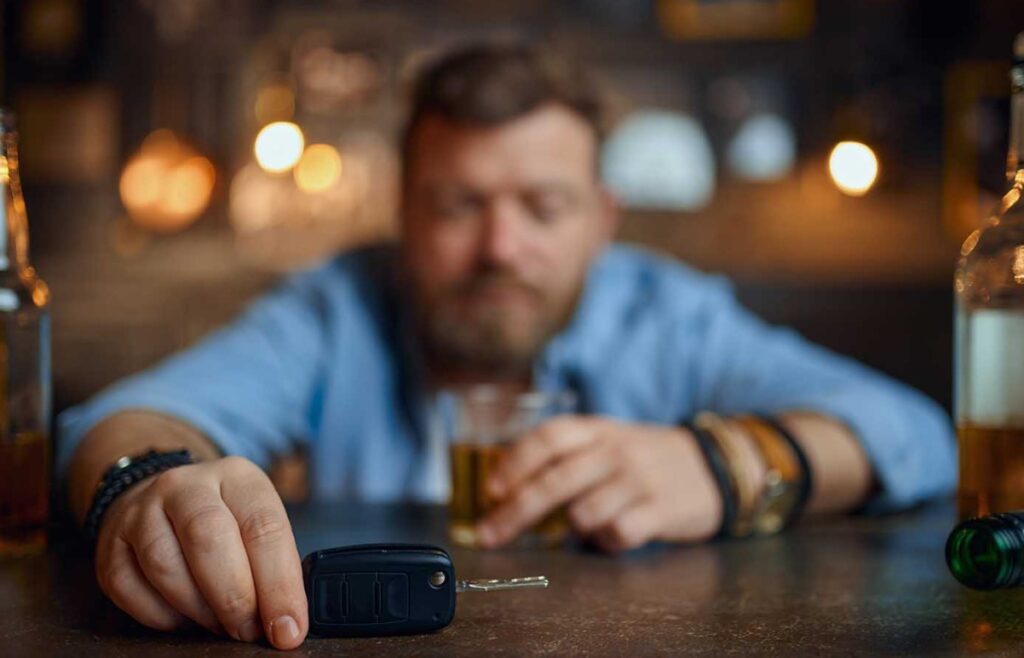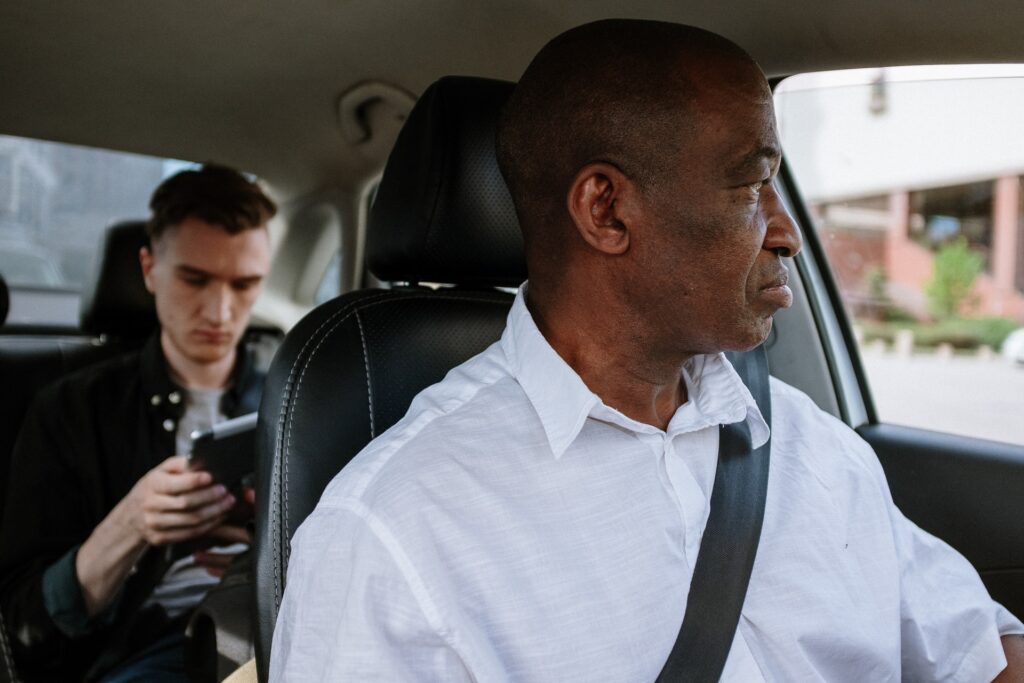There’s a euphoria that comes from curating a memorable evening for friends and family, filled with laughter, music, and perhaps a glass of wine or two.
However, as hosts, our responsibilities stretch far beyond providing a good time; it is our duty to ensure that our guests return to their homes safely, especially when alcohol is part of the equation.
Every year, countless accidents are attributed to intoxicated driving and other alcohol-related mishaps. Recognizing the connection between alcohol consumption and potential accidents becomes paramount.
Our role extends to being vigilant, informed, and proactive, making sure that our celebrations don’t lead to tragic consequences.
The Legal Implications

Understanding the legal aspect surrounding the responsibilities of a host can be complex, especially when alcohol is in the mix.
Central to this is the concept of “social host liability,” which in some jurisdictions places legal responsibility on individuals who serve alcohol to guests, especially if that consumption leads to accidents or injuries.
If a guest who consumed alcohol at your gathering were to cause an accident, the injured party might have grounds to sue you for damages.
This is where the services of a DUI lawyer might become necessary, not only for the individual charged with driving under the influence but also potentially for the host.
Legal consequences can be far-reaching, impacting more than just one’s financial well-being. A host found liable might face not only civil penalties but also criminal charges, depending on the severity of the incident and the laws of the particular jurisdiction.
Beyond the direct legal ramifications, hosts might experience increased insurance premiums or even cancellation of insurance policies. It’s a stark reminder that serving alcohol at an event carries with it a weight of responsibility that should be approached with caution and informed awareness.
Pre-Party Preparations
Before the festivities even begin, the foundation for a safe and successful gathering lies in meticulous pre-party preparations.
One of the primary steps a host can take is to educate themselves about local laws and regulations related to alcohol consumption and serving.
By being well-informed, hosts can set clear expectations and boundaries for their guests, helping to preemptively avoid situations that could escalate into safety concerns.
Considering the quantity and type of alcoholic beverages to be served can significantly influence the event’s outcome. Instead of making alcohol the focal point of the gathering, offering a diverse range of non-alcoholic beverages can encourage moderate drinking, reducing the chances of overconsumption.
Being Proactive, Not Reactive
At the heart of responsible hosting lies the principle of anticipation—taking preventive measures rather than scrambling for solutions after a problem arises.
This means understanding the dynamics of alcohol consumption, such as the dangers of binge drinking, and implementing strategies to moderate its impact. For instance, serving food, especially protein-rich options, can slow the absorption of alcohol.
Encouraging guests to drink water alongside their alcoholic beverages can also aid in pacing their consumption.
A well-thought-out schedule, with breaks for activities or games that don’t center around drinking, can divert attention and reduce the chance of overindulgence.
Recognizing the Signs of Intoxication

During an event where alcohol is present, one of the primary duties of a vigilant host is to monitor guests’ alcohol consumption and recognize when someone may have had too much.
Recognizing the signs of intoxication can be key in averting potential hazards, both for the individual in question and others they might interact with.
Physically, signs might manifest as slurred speech, bloodshot eyes, impaired coordination, or an unsteady gait.
However, it’s essential to understand that alcohol affects individuals differently, and some might not display overt physical symptoms even when they’ve crossed their tolerance threshold.
Behaviorally, the indicators can be more varied and might include excessive talkativeness, aggressiveness, lapses in judgment, or becoming overly emotional. Some guests may also display a marked overconfidence, believing they’re unaffected by the alcohol they’ve consumed.
In such situations, understanding these signs and intervening early, discreetly, and effectively becomes paramount.
Early recognition allows hosts to address the issue in a non-confrontational manner, perhaps by redirecting the guest’s attention, offering water or food, or suggesting they take a break from drinking.
Encouraging Safe Transportation Options
As the evening draws to a close and guests prepare to depart, a host’s responsibility shifts towards ensuring safe passage home for everyone. In today’s interconnected age, there are more options than ever to help prevent intoxicated driving.
A staple recommendation is the appointment of designated drivers – individuals who commit to abstaining from alcohol throughout the event to safely transport others.
By emphasizing the importance of this role and praising those who take it on, hosts can reinforce a culture of responsibility and care within their circle of friends and family.
The rise of rideshare platforms like Uber and Lyft offers a convenient solution. If feasible, hosts might consider setting up a rideshare station, providing promo codes, or even subsidizing a portion of the fare for their guests.
Conclusion

For gatherings in more remote locations, organizing group transportation through rented vans or shuttles can be an effective way to ensure collective safety.
Opening one’s home for guests to spend the night can be a final safeguard against the risks of drunk driving.
Prioritizing guest safety, especially concerning alcohol consumption, is both a duty and a mark of care. Ensuring that joyous occasions don’t lead to unfortunate outcomes requires a combination of education, preparation, and vigilance.

